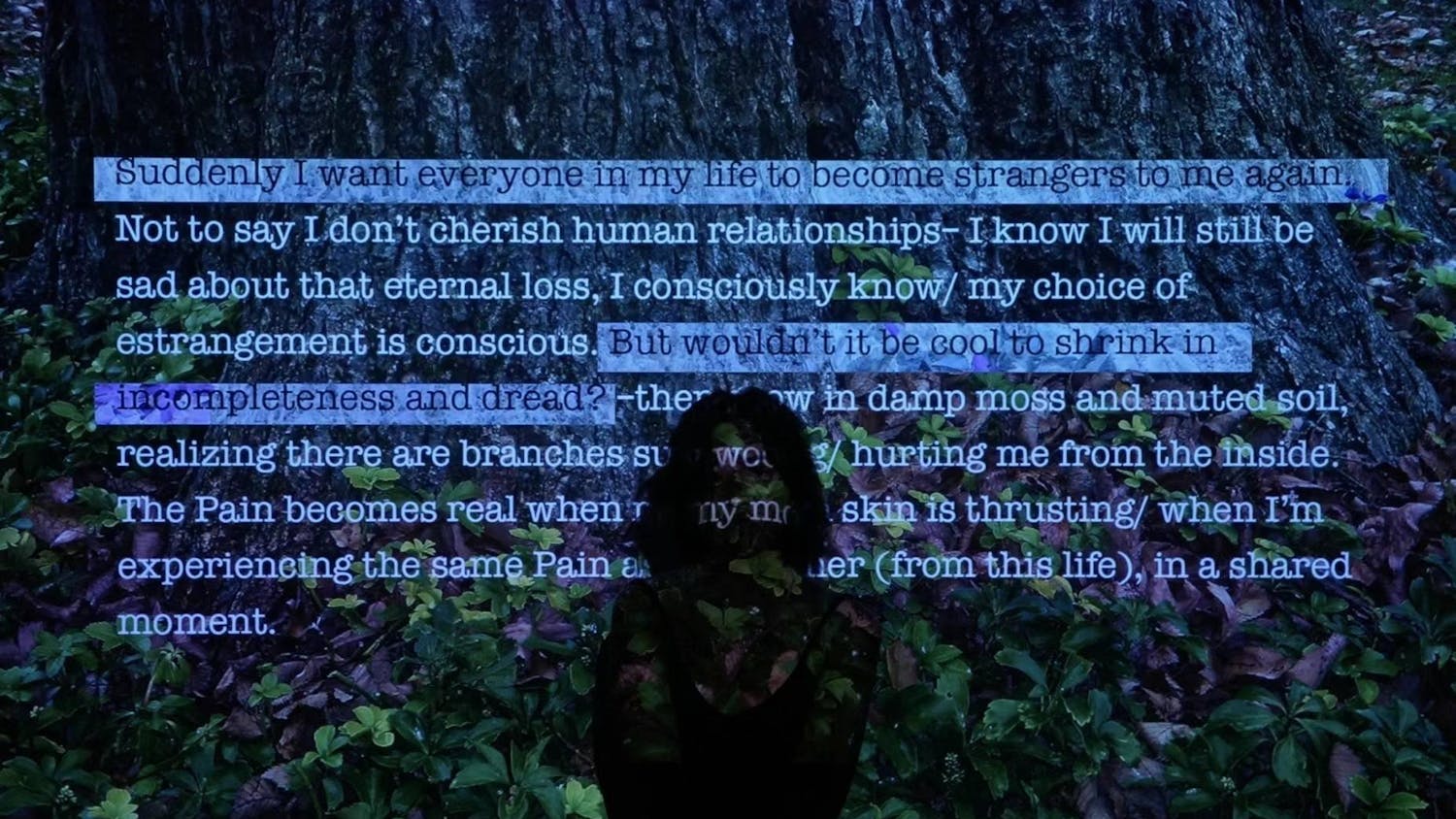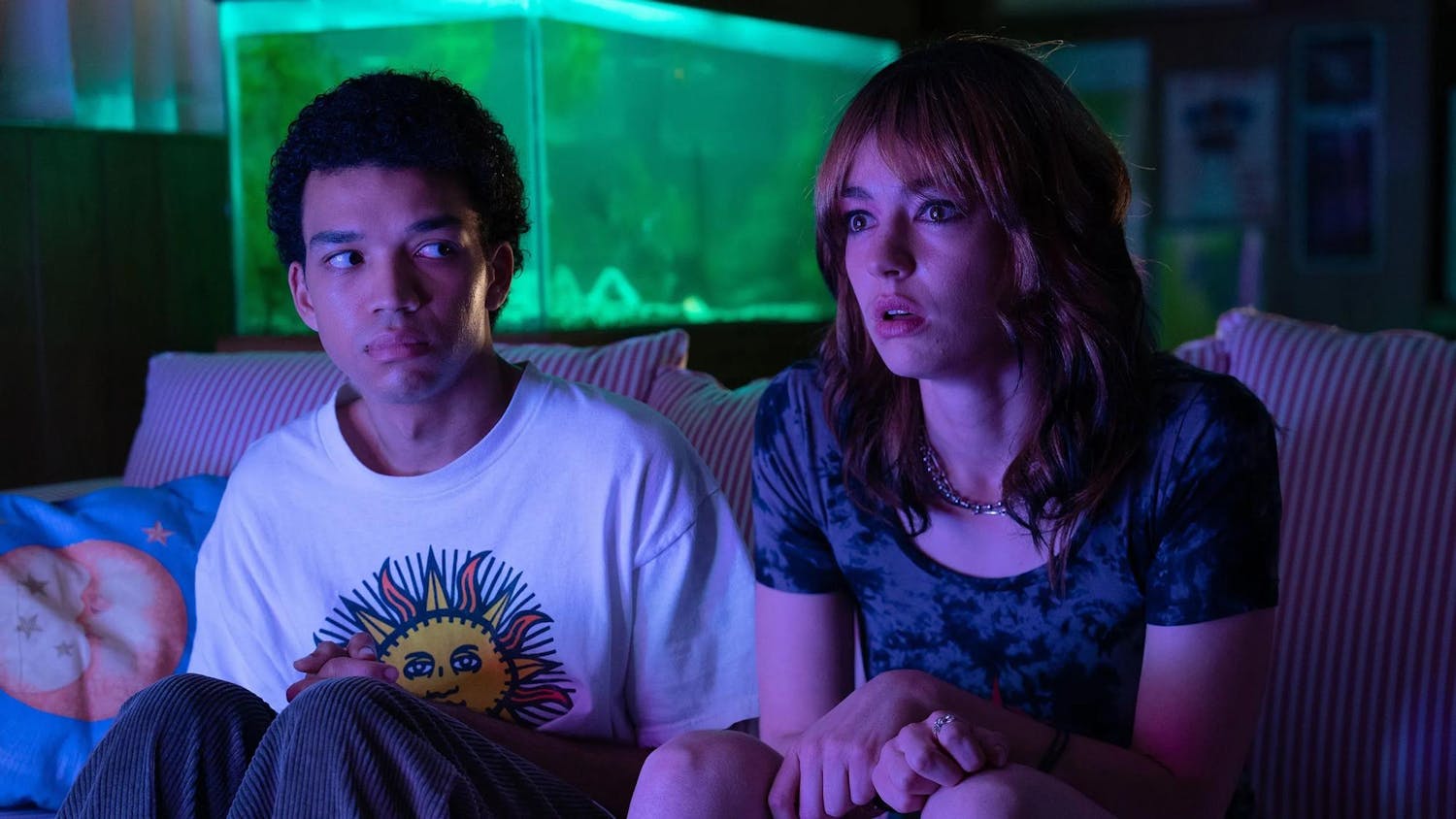Since its publication in 1993, "The Giver" has become one of many simultaneously beloved and banned books of children's literature. But nearly 20 years after her first foray into the colorless and emotionless world introduced in "The Giver," author Lois Lowry, a former member of the class of 1958, returns a final time in the series' fourth novel, "Son."
"Son" introduces 14-year-old Claire, who gives birth in the same community the protagonist of "The Giver" grew up in almost two decades before, and follows her mission to find and reclaim the son who was taken from her. It is a tale of travels and travails as Claire leaves the nameless community for a journey imbued as much with magic and transformation as with the immutable themes of love and loss.
Where "The Giver" left readers contemplating the open questions posed by its ending, "Son" pulls all the characters together and answers almost all the questions. Though the novel begins with Claire, the first third of the book overlaps chronologically with the events of "The Giver," layering the events from the first book with new meaning and tenderness. "Son" is as much a reunion with the characters of this universe as it is a closure.
But the universe Lowry writes in has grown alongside its readers. Where "The Giver" and the following two books each feature a young adult with unique "gifts," "Son" takes a different track. Claire is less the typical young adult protagonist and more a realistic one - unlike the protagonists of the quartet's previous books, her only "gift" is the inextinguishable love she bears for her son.
Those overarching themes of parenthood and sacrifice seem drawn from Lowry's own life story, in which she lost her son Grey during his active duty . But those themes resonate regardless of personal experience. "Son" is moving because of the universality of the emotions Lowry captures. The experience of a parent's love, even for young readers, is both desired and relatable - and therein lies the novel's strength.
In "Son," Lowry wraps up a quartet that began with the extremes of a world without love but also without the pain of loss. Her final book proves that sacrificing those two experiences, no matter how painful, is never worth the cost. It's a lesson that promises to remain with readers of all ages even after they've turned the final page.
ADVERTISEMENT




